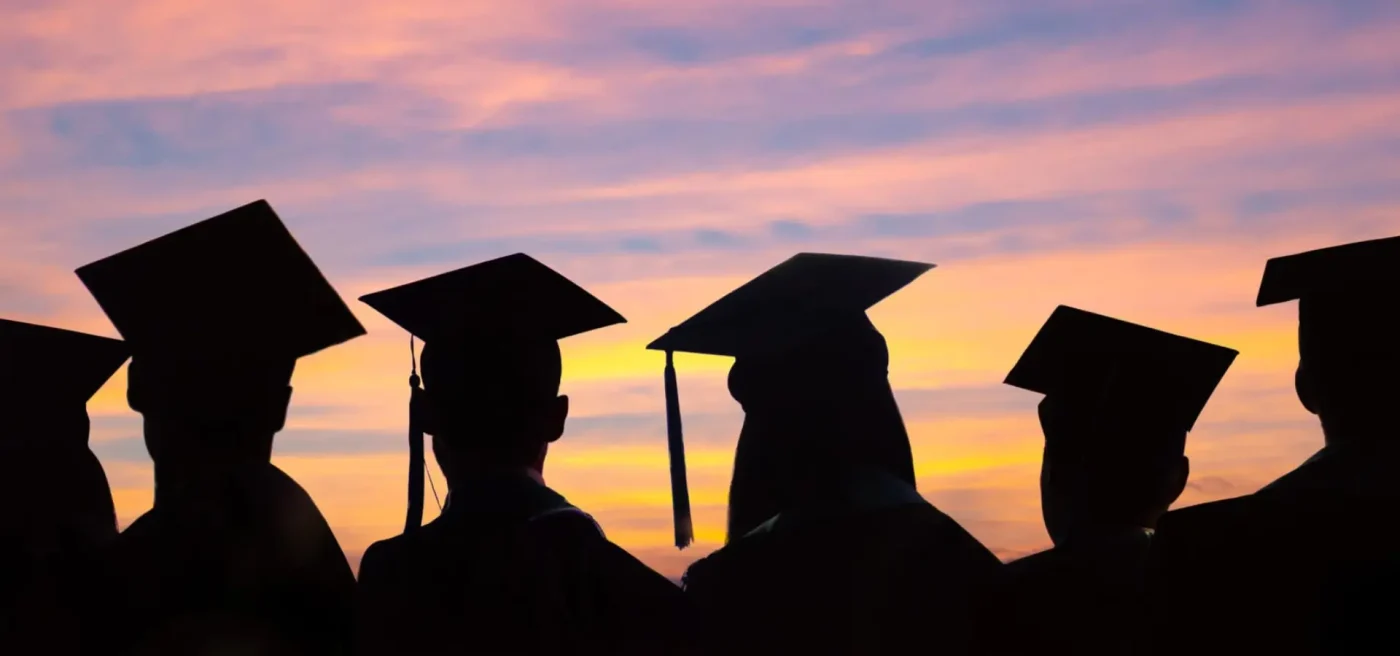Recent policy changes under the Trump administration have cast a shadow over the aspirations of Malaysian students seeking higher education in the United States, prompting many to reconsider their plans. Reports of suspended student visa interviews and attempts to limit international student enrollment at prestigious institutions like Harvard University have created a climate of uncertainty, pushing prospective students to explore alternative destinations for their academic pursuits.
Visa Interview Suspensions Spark Concerns
The latest disruption stems from directives reportedly issued by US Secretary of State Marco Rubio, instructing US embassies to temporarily halt scheduling interviews for student visas. This move, aimed at expanding social media vetting of applicants, does not affect those with pre-scheduled interviews but has nonetheless sent ripples of concern through the international student community. While the suspension is described as temporary, the lack of a clear timeline has left many Malaysian students in limbo, unsure of how to proceed with their applications.
For students like Karen Tay Swee Ping, 25, the impact is deeply personal. Tay had set her sights on a master’s degree in chemistry at a US institution, but the uncertainty has forced her to pivot. “An extended pause like this doesn’t just affect travel – it affects enrolment timelines, scholarship applications, and accommodation plans. Everything gets pushed back” she said. Disheartened by the unpredictability, Tay is now exploring options in Taiwan, Singapore, and local Malaysian universities.
Harvard Enrollment Restrictions Add to Uncertainty
Compounding the visa concerns are reports of President Donald Trump’s recent push to restrict Harvard University’s ability to enroll international students. On May 22, 2025, Trump proposed measures that would cap foreign student admissions at institutions like Harvard at just 15%, a policy that critics argue could severely limit access for international talent. Although a US judge has temporarily blocked this initiative, the mere proposal has heightened fears among prospective students about the future of studying in the US.
Maya Devi, an 18-year-old Malaysian with dreams of studying international business law at Harvard, expressed her disillusionment with the current climate. “The unpredictability of the situation has made me less confident about pursuing higher education in the United States” she said. After weighing her options, Devi has decided to focus on Malaysia’s own prestigious universities, noting that the country offers a wide range of competitive programs. “I would much rather study here” she added.
A Broader Trend of Reevaluation
The sentiment of uncertainty is shared by many other Malaysian students who had once viewed the US as a gateway to global exposure and academic excellence. Mandy Lim Yie Zhen, 25, had planned to study marine biology in the US, drawn by the promise of cutting-edge research opportunities. However, recent political shifts have made her reconsider the risks of such a significant investment. “Everything feels unstable and unpredictable. It’s risky to invest so much when the future is so uncertain” she said. Like Tay, Lim is now turning her attention to alternatives such as Australia and Singapore, countries perceived as more stable destinations for international students.
This growing trend among Malaysian students reflects a broader reevaluation of the US as a primary destination for higher education. The combination of visa policy changes and proposed enrollment caps has not only disrupted individual plans but also raised questions about the long-term appeal of American universities to international talent. Reports from other countries, such as South Korea, indicate similar concerns, with prospective students and families expressing unease over the halting of visa interviews.
Policy Context and Global Implications
The Trump administration’s moves come amid a broader push to tighten immigration controls, a hallmark of the president’s policy agenda. The expansion of social media vetting for visa applicants, for instance, is framed as a national security measure, intended to screen for potential risks. However, critics argue that such policies disproportionately affect students and other non-threatening groups, creating unnecessary barriers to education and cultural exchange. If sustained, these measures could reshape the landscape of international education, potentially diminishing the US’s longstanding position as a global hub for higher learning.
For Malaysia, a country with a growing number of students seeking overseas education, the implications are significant. According to data from the Malaysian Ministry of Higher Education, thousands of students pursue degrees abroad each year, with the US historically ranking among the top destinations alongside the UK and Australia. A sustained shift away from the US could redirect this flow of talent and resources to other countries, benefiting competitor nations while straining US-Malaysia educational ties.
US Embassy Response and Regional Perspectives
Amid the uncertainty, the US Embassy in Singapore has clarified that Singaporean students can still submit visa applications, suggesting that not all regional applicants face the same barriers. However, no such assurances have been publicly extended to Malaysian students, leaving many to navigate the situation without clear guidance. The disparity in communication has only deepened frustrations, as students seek transparency on how long the visa interview suspension might last and whether exemptions or alternative processes will be introduced.
Education consultants in Malaysia have noted a surge in inquiries about programs in other countries, reflecting a proactive shift among students and families. Institutions in Singapore, Australia, and Taiwan are increasingly positioned as viable alternatives, offering comparable academic quality without the political volatility currently associated with the US. Local universities, too, are seeing renewed interest, as students like Maya Devi weigh the benefits of staying closer to home.
Personal Stories Highlight Broader Stakes
Beyond the policy debates, the human cost of these changes is evident in the stories of students whose dreams have been deferred or redirected. For Karen Tay, the pause in visa interviews represents more than a logistical hurdle; it is a disruption to years of planning and aspiration. Similarly, Mandy Lim’s reconsideration of her marine biology ambitions underscores the financial and emotional risks that students face when policies shift unexpectedly. These personal accounts highlight the stakes of decisions made thousands of miles away, in boardrooms and government offices, that reverberate through the lives of young people eager to learn and grow.
Looking Ahead: A Shifting Educational Landscape
As the Trump administration’s policies continue to unfold, the future of international education in the US remains uncertain. For Malaysian students, the immediate priority is finding clarity and stability, whether through alternative destinations or reassurances from US authorities. Yet the broader question looms: will the US maintain its allure as a beacon of higher education, or will political decisions drive talent elsewhere? In the meantime, students like Tay, Devi, and Lim are adapting to a new reality, one where flexibility and resilience may be as critical as academic credentials.
As these young Malaysians chart new paths, their stories serve as a reminder of the far-reaching impact of policy on individual lives. Whether the US can regain the confidence of international students remains an open question, one that will shape educational and cultural ties for years to come.















